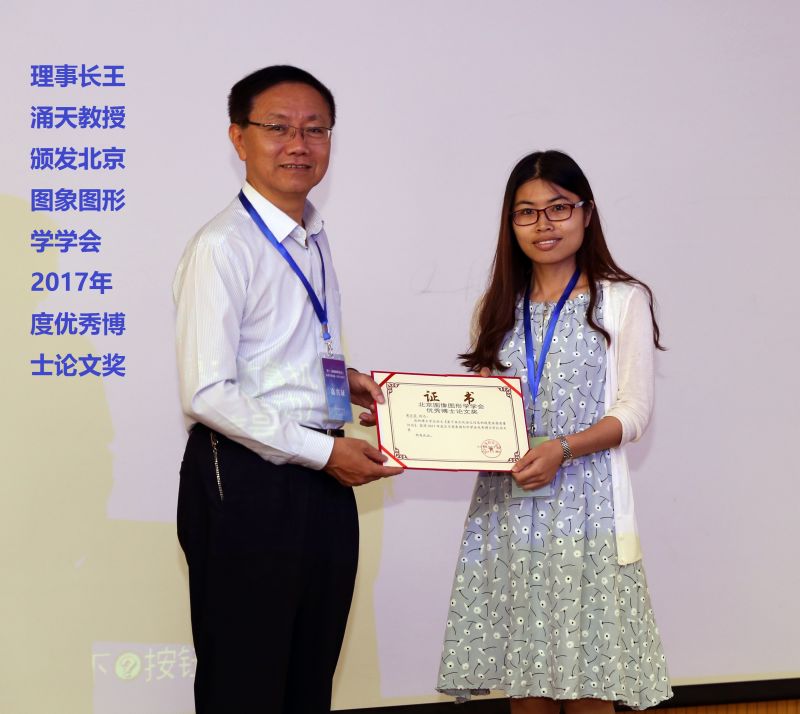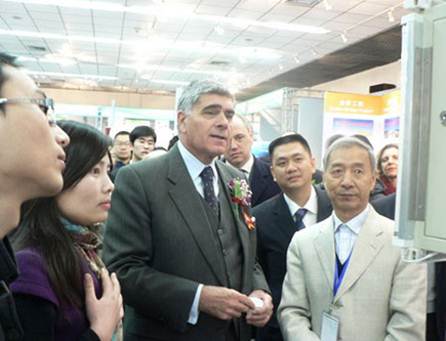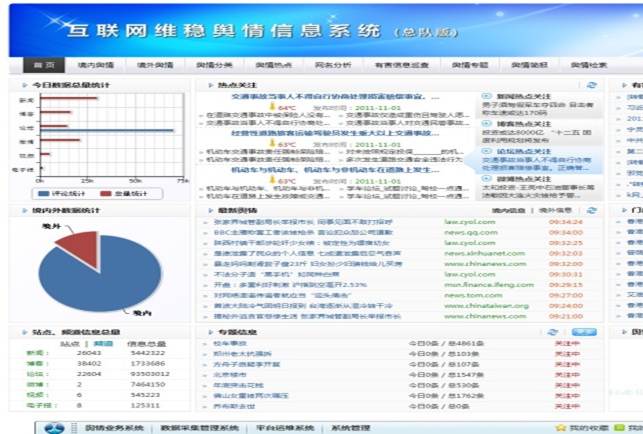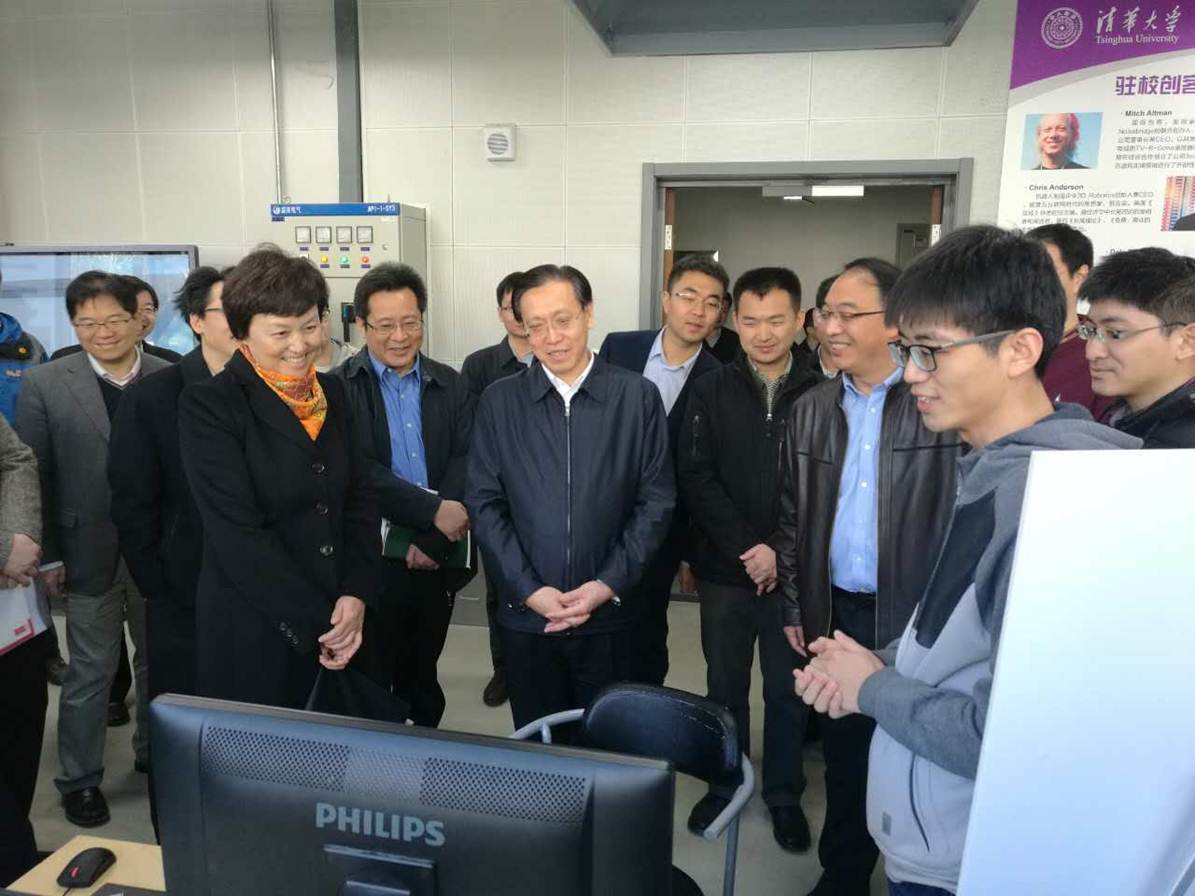IGTA2019会前高峰论坛
Human Factors Engineering for Product Design
One-day workshop: April 19th with IGTA 2019
Huairou Campus of University of CAS
This one-day workshop will present introductory and advanced methods for evaluating and designing products for human-computer interaction with a specific focus on the design of head mounted displays and hand-held controllers. The purpose is to learn methods to improve product comfort, usability, and productivity while minimizing error. In addition, attendees will learn to apply anthropometry methods in order to design products that can accommodate a large percent of the population sizes. Special emphasis will be placed on the design of head mounted displays to accommodate facial features of the population and also minimize motion sickness. Attendees will also be introduced to the design of hand-held controllers to fit the hand with emphasis on hand sizes, hand strength, button placement, button design, and preventing hand and arm fatigue. Students are encouraged to bring a product that is in development to the class to receive feedback on usability testing. The course will be conducted in English and Chinese.
Workshop Outline
09:30 – 10:45 Head and Face Anthropometry and HMD Design (ZHAO Chaoyi)
10:45 – 11:00 Break
11:00 – 12:00 Design for usability with reference to HMD Design (Stephen BAO)
12:00 – 13:30 Lunch
13:30 – 14:30 UX Design of Hand Controls and Gestures for AR (David REMPEL)
14:30 – 15:30 Preventing Shoulder and Arm Fatigue during Hand Tasks (Jay KAPELLUSCH)
15:30 – 15:45 Break
15:45 – 16:45 Design of AR/VR for Realistic Training Environments (LIN Wanhong)
Faculty
David Rempel, MD. Professor Emeritus, College of Engineering, University of California, Berkeley. Dr. Rempel conducts research on the design of workplace tools and workstations, with an emphasis of preventing fatigue and injury and improving usability. He consultants with Apple, Boeing, Microsoft, Facebook, Magic Leap, and Intel on product design. Dr. Rempel is the course director.
Stephen Bao, PhD. Senior Research with the Washington State Department of Labor and Industries and Adjunct Faculty with the University of Washington, Seattle. Dr. Bao conducts research on ergonomics and workplace design. He will focus on cognitive work design relative to controls and displays.
Zhao Chaoyi, PhD. Research Fellow with the China National Institute of Standardization (CNIS) in Beijing. Dr. Zhao is director of the ergonomics laboratory which has developed head and body anthropometry measurements for China. Additional research fields include biomechanics, workplace ergonomics and product ergonomics.
Jay Kapellusch, PhD. Associate Professor, Industrial Engineering, University of Wisconsin, Milwaukee. Dr. Kapellusch conducts research on the design of jobs in manufacturing and service to improve safety. He will present data on the design of products for the older or disabled population.
Lin Wanhong, MS. Associate Professor, National Key Laboratory of Human Factors Engineering, China Astronaut Research and Training Center. Mr. Lin conducts research on the design of virtual reality systems for training astronauts. He will present research on the design of AR and VR systems to create realistic environments while addressing issues of motion sickness.
Brief Descriptions of Talks
Head and Face Anthropometry and HMD Design - Chaoyi Zhao, PhD
The latest Chinese national anthropometric survey conducted from 2014 to 2018 is overviewed. The measurements and the correlations of head and face dimensions related to the head product designs are analyzed. The standards about headforms for use in head and face products designs are reviewed.
Design for Usability with Reference to HMD Design - Stephen Bao, Ph.D., CPE, CCPE
This presentation introduces the audience with some basic concepts of ergonomics/human factors applications in product designs through consideration of human cognitive capability. A few basic theories on information coding, human judgment limitation, concept of compatibility etc. will be introduced. Product usability design will be discussed. Topics will include usability design principles and usability evaluation methods. A case study using head-mounted displays (HMD) for emergency response personnel will be presented and discussed.
UX Design of Hand Controls and Gestures for AR – David Rempel, MD
Methods for evaluating the usability of hand-held tools, such as computer mice, tablets and controllers and hand gestures will be introduced. These will include structure of the experiment, subjective ratings of usability, measurement of productivity and error, ratings preference, and use of electromyography. Detailed case studies will highlight which measures are appropriate for which tools or tasks.
Preventing Shoulder and Arm Fatigue during Hand Tasks – Jay Kapellusch, PhD
Biomechanical principles of shoulder and hand muscles activity while holding tools, such as a controller, will be introduced. The muscle loads can be estimated with knowledge of arm posture and tool mass. In addition, preventing fatigue through the knowledge of the duration of tool use and frequency of hand exertions will be estimated with the application of psychophysical studies and existing guidelines and standards.
Design of AR/VR for Realistic Training Environments (Wanhong Lin, MS)
The creation of realistic virtual reality training systems for technical training requires the smooth integration of hardware and software. The critical elements to consider in the software design will be reviewed. Also methods to reduce motion sickness will be discussed.











